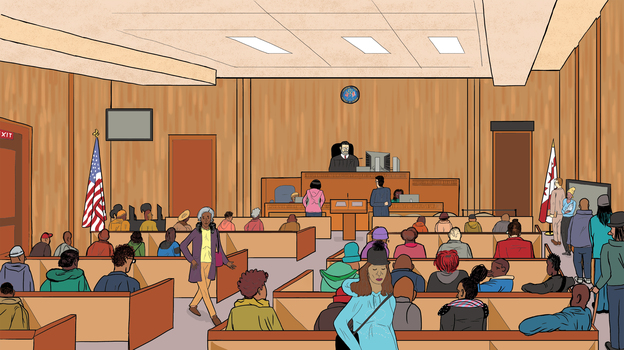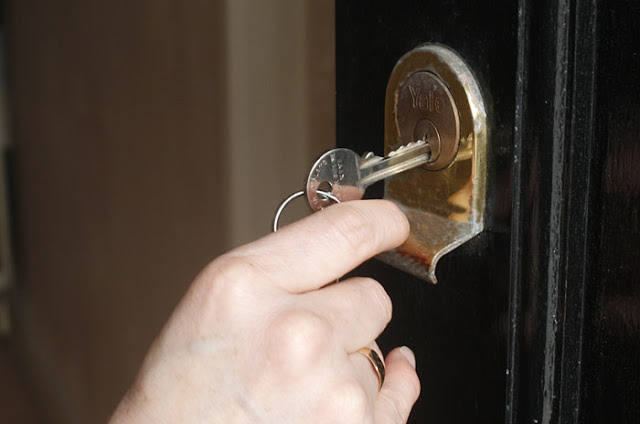RentSmart

Click to Link to RentSmart RentSmart compiles data from ISD and 311 to give renters access to property violations, maintenance requests that provides prospective renters and homeowners with data about Boston's properties. Developed through a collaboration between the City of Boston's Department of Neighborhood Development and the Department of Innovation and Technology, RentSmart Boston compiles data from BOS:311 and the City's Inspectional Services Division to give prospective tenants a more complete picture of the homes and apartments they are considering renting. The tool prompts users for an address and generates a report to assist prospective tenants in understanding any previous issues with the property, including: Housing violations Building violations Enforcement violations Housing complaints Sanitation requests and/or Civic maintenance requests "The City is the keeper of significant data that can help renters make good decisions about





